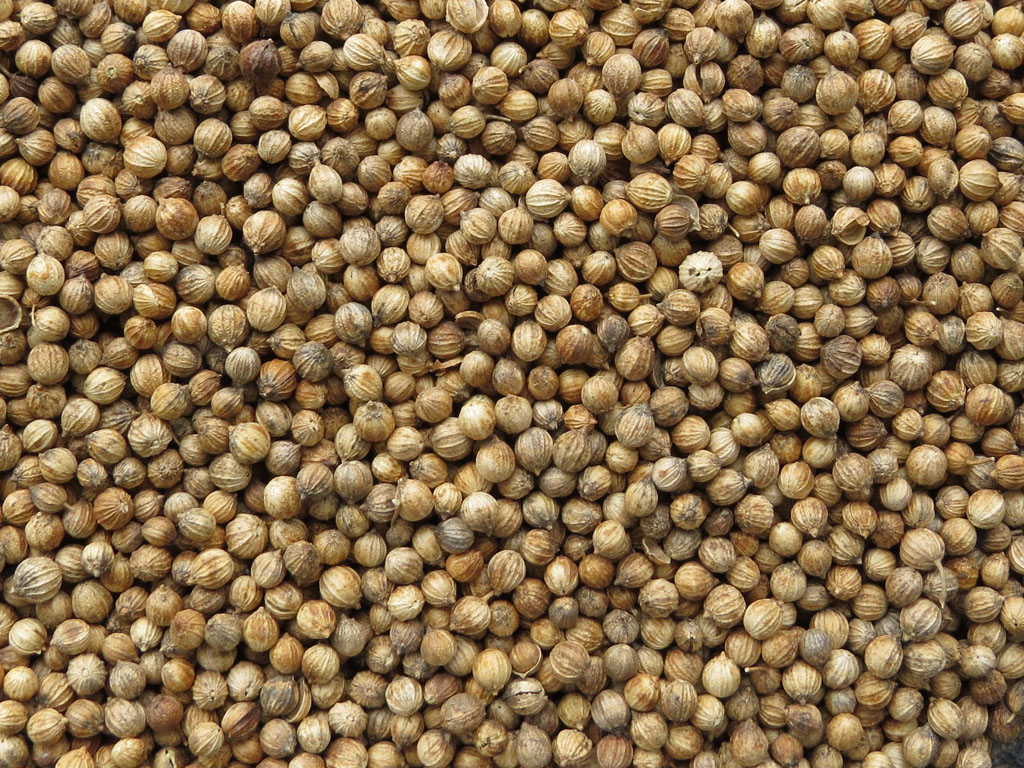Coriander is a commonly used herb and spice in many cultures around the world. The leafy green parts of the coriander plant are often utilized in dishes like soups and salsas, providing a bright, fresh flavor. Additionally, coriander is a key ingredient in many Indian, Middle Eastern, and Asian cuisine staples such as curries and masalas.
In these recipes, the coriander leaves are frequently used whole to impart their distinctive taste and aroma. On the other hand, the small, round coriander seeds are more commonly used in a dried or ground form. The seeds have a slightly different flavor profile compared to the leaves, adding depth and complexity to spice blends and cooked dishes.
Overall, coriander is a versatile plant that can be incorporated into a wide variety of savory meals, from simple condiments to complex, fragrant curries. Both the leaves and seeds offer unique culinary applications that make coriander a staple ingredient in many global cuisines.
Coriander is packed with vitamins, minerals, and antioxidants that offer significant health benefits. It is rich in vitamin K, which plays a crucial role in blood clotting and bone repair, thus helping to prevent conditions like osteoporosis. Furthermore, there is evidence suggesting that vitamin K can lower the risk of heart disease.
In addition to these benefits, coriander also contains antioxidants that are essential for combating free radicals in the body. Free radicals are unstable oxygen molecules that can harm cells and potentially lead to cancer, heart disease, and other health issues. The antioxidants in coriander work to eliminate free radicals, reducing the risk of certain cancers and even minimizing signs of aging.
